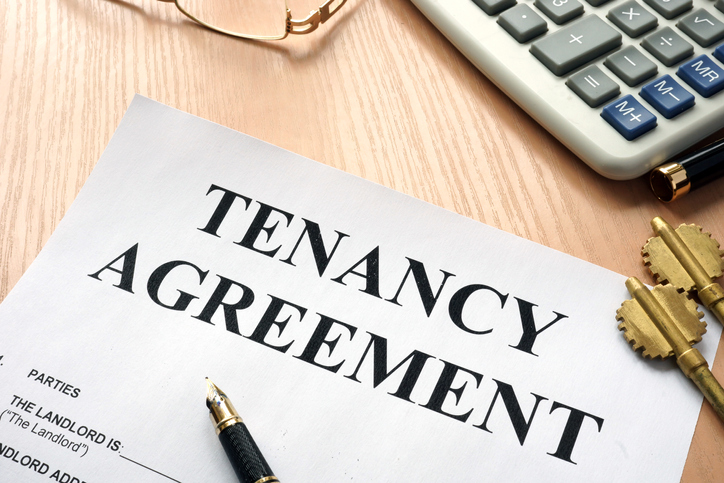Here to help you
Buying your first or next investment property can be a daunting prospect. There are many questions you will need to ask yourself:
- How much will it cost?
- What return will I get?
- Can I afford it?
- How much deposit will I need?
- What type of mortgage do I want?
- Will I get a mortgage?
The Buy-to-Let market is complex. There are many different mortgages to choose from.
So it’s good to know that, as your adviser, we are on hand to answer your questions. We will help you with the tricky process of not only getting a mortgage but getting the right mortgage.
We take pride in offering a personal service that takes into account your individual circumstances. Your financial situation is unique, so we work hard to understand your goals and aspirations, and make financial recommendations based on a comprehensive and detailed analysis of your needs.
Our role is to:
- ensure you do not waste money unnecessarily by paying a higher monthly amount than you need to for your borrowings
- save you time and effort by recommending the most appropriate solution
- stop you missing out on the most cost effective way of arranging your loan.

Why buy-to-let?
The introduction of assured shorthold tenancies in 1997, which made the rights of tenants and landlords more equal, created the buy-to-let market that exists today. Some say buy-to-let has forced up property prices but there is no doubt it has a part to play as first time buyers are getting older and younger people are renting.
The whole point of buying-to-let is for its investment potential – both capital growth on the value of the property and the income it generates in rent. Buy-to- Let lending is to support investment, not home ownership. It is important to note that lenders carry out post-completion checks in relation to scheme abuse to see who is residing at the property.
There are risks like any investment. For example:
- if you are considering cancelling or surrendering any existing investments in order to purchase a property to let, there may be cost or tax implications. You should seek financial advice before considering these options
- there could be difficulties with tenants who breach agreements impacting time and legal fees, as well as income
- periods of rental voids if the property is not tenanted (during redecoration or change of tenants)
- the higher the sum borrowed the more you are at risk of rent not covering your loans or expenses
- investing in a single property can result in a lack of diversity if you do not already have a good spread of existing investments.
Choosing the right property
While Curchods Mortgage Services don’t provide advice on the suitability of investment properties, we have included some things you should consider.
When choosing a property to let, your main considerations are different to those you might apply when choosing a house in which to live.
For example, you might not choose to live in an area heavily populated by students, but when looking for rental potential that same area may be exactly what you’re looking for.
Choosing the right property with the right rental yields is important. This is true not just for your income but also because you want the rent to more than cover the cost of your buy-to-let mortgage.
The Association of Residential Lettings Agents produces a booklet giving you tips on what to look out for when choosing a buy to let property. Their site also has guidance and advice for both first time and experienced landlords.

Finding the right mortgage
The buy-to-let mortgage market is a specialised one. In April 2014 the mortgage industry implemented the changes that came from the financial conduct Authority’s (FCA) Mortgage Market Review (MMR). The MMR changed the face of mortgage lending, forcing lenders to pay much more attention to affordability and expenditure rather than simply assessing gross rental income.
Lenders view buy-to-let mortgages as higher risk than residential mortgages because they know that many landlords rely on rental income to make the mortgage repayments and if the property is vacant for a period there is no income. Because of this perceived risk, interest rates tend to be higher than residential mortgages. The lender will also demand a larger deposit.
Typically in the current market you will struggle to borrow more than 75% of the property value, and any lender will look for rental income that covers around 125%of the mortgage repayments. A lender will expect you to prove the rental income potential too.
CONTACT US
The Financial Conduct Authority do not regulate some buy to let mortgages
This communication does not constitute advice and should not be taken as a recommendation to purchase any of the products or services mentioned.
Before taking any decisions we suggest you seek professional advice.
YOUR HOME MAY BE REPOSSESSED IF YOU DO NOT KEEP UP REPAYMENTS ON A MORTGAGE OR ANY OTHER DEBT SECURED ON IT.



